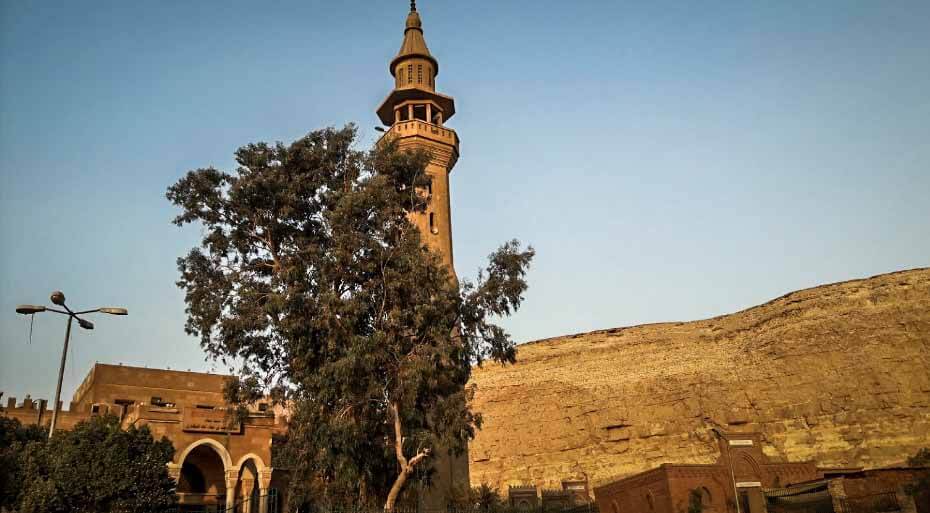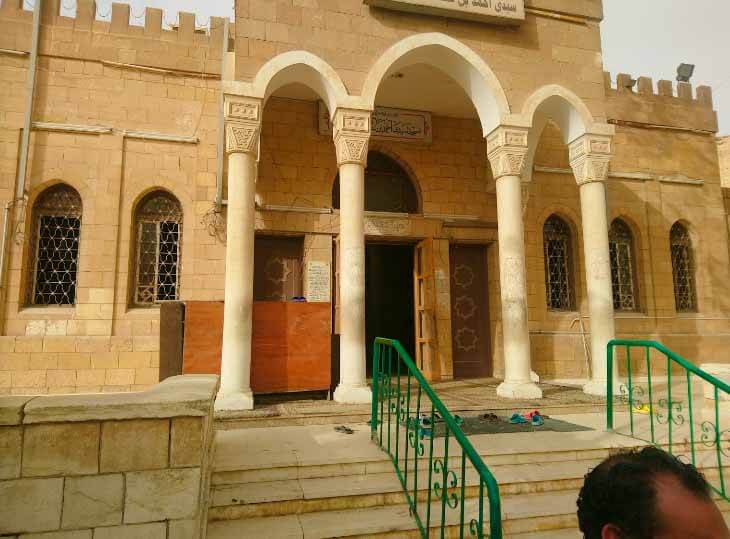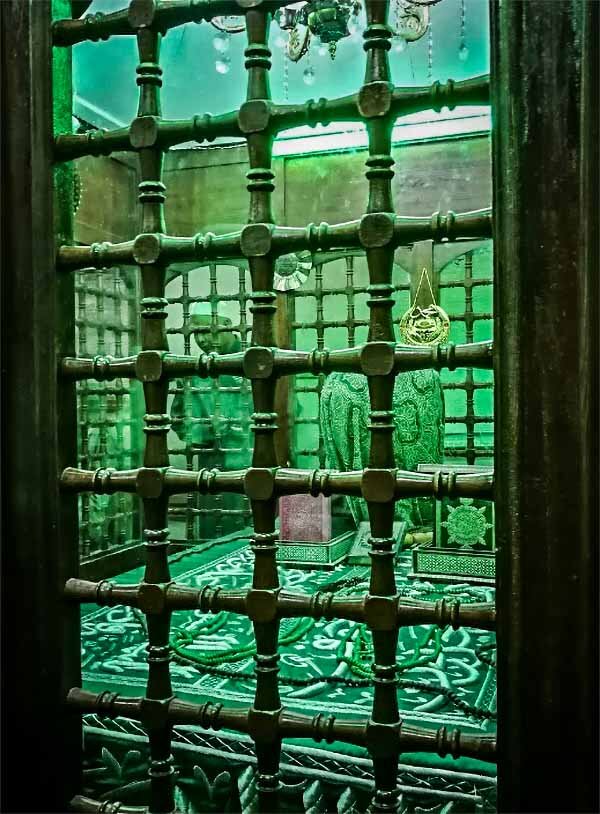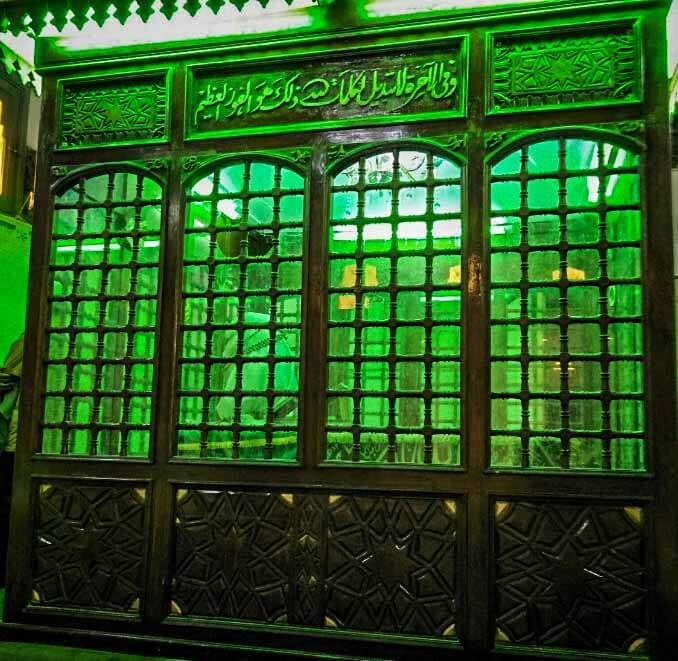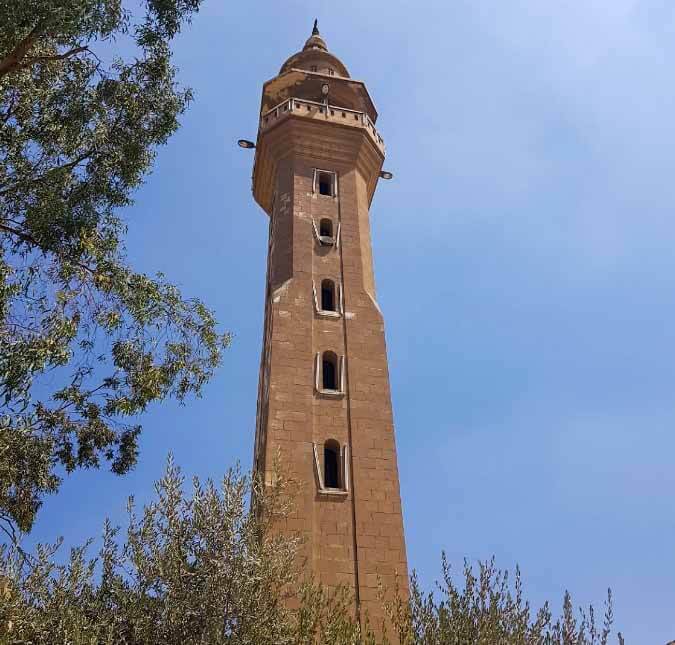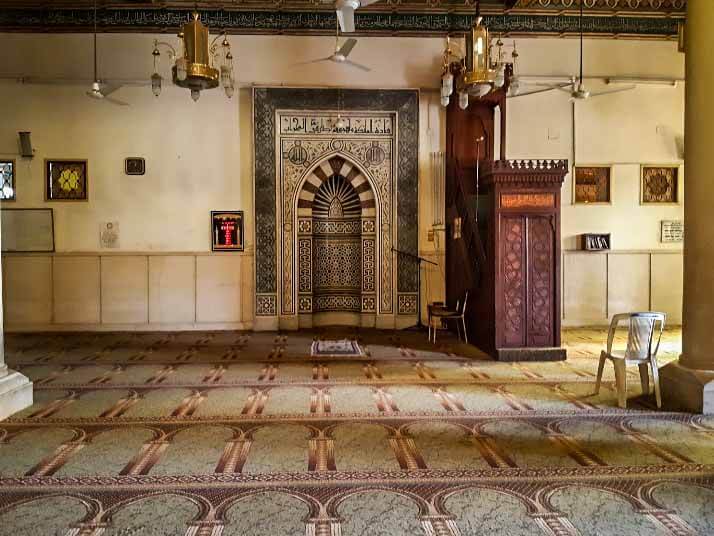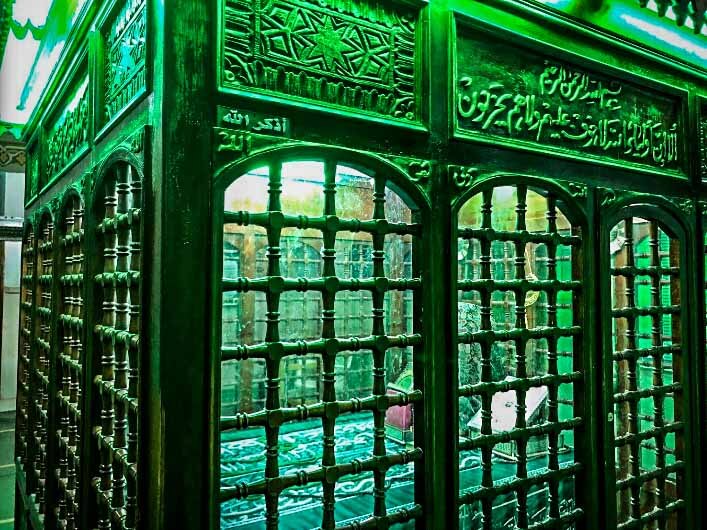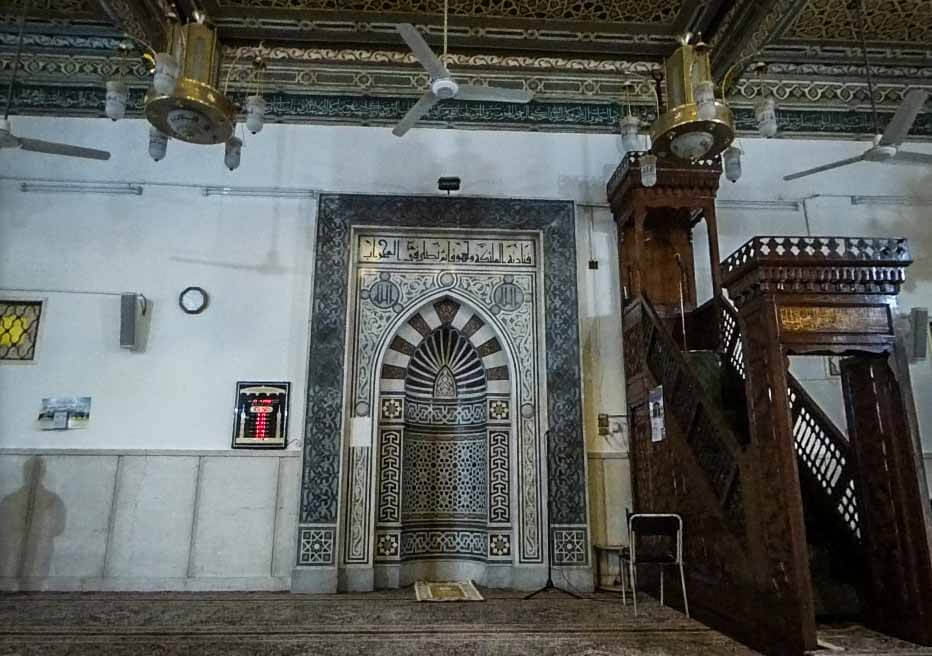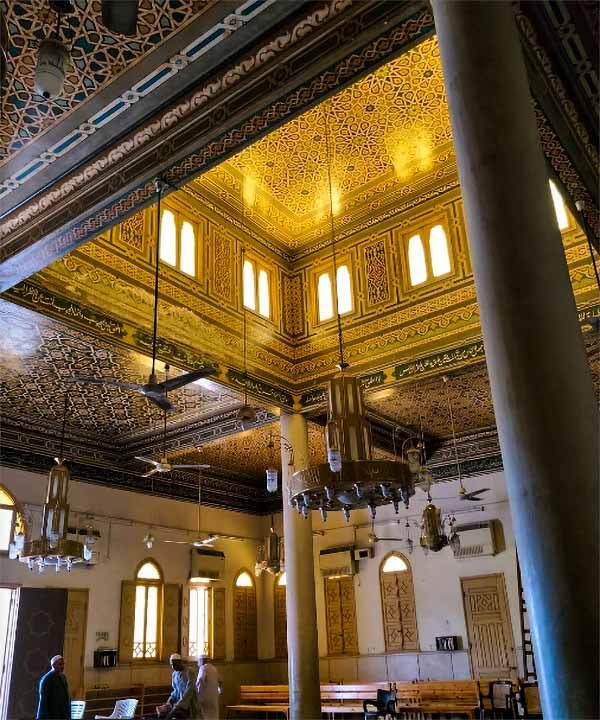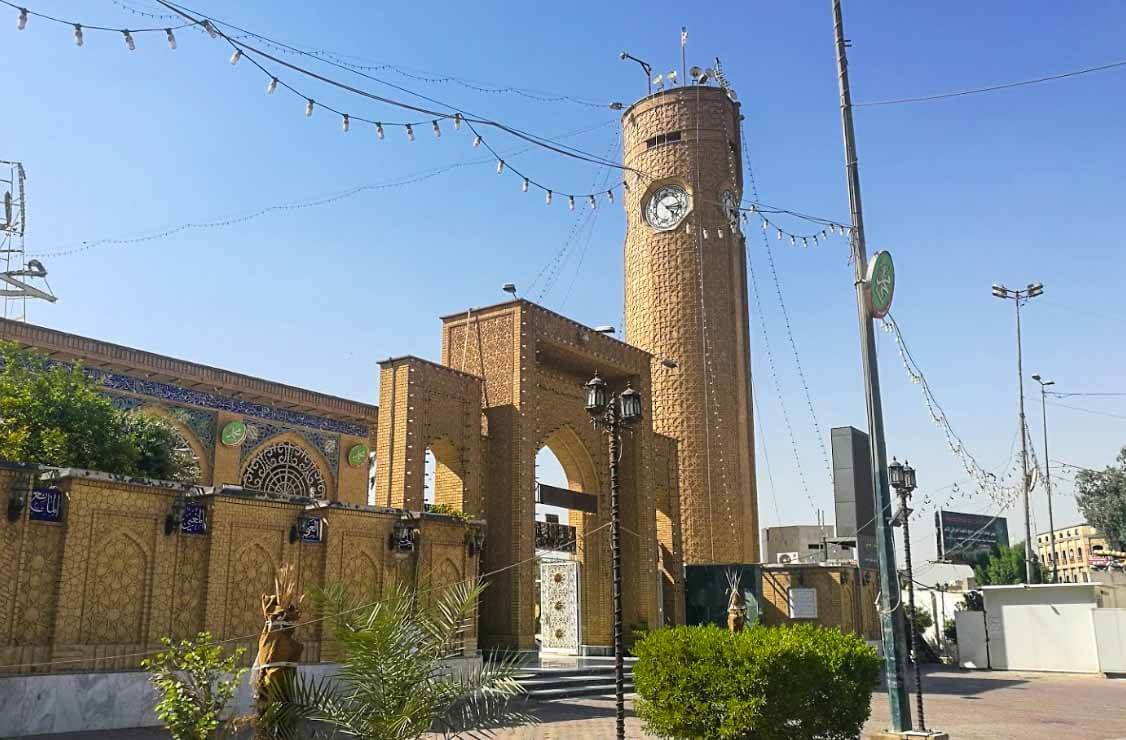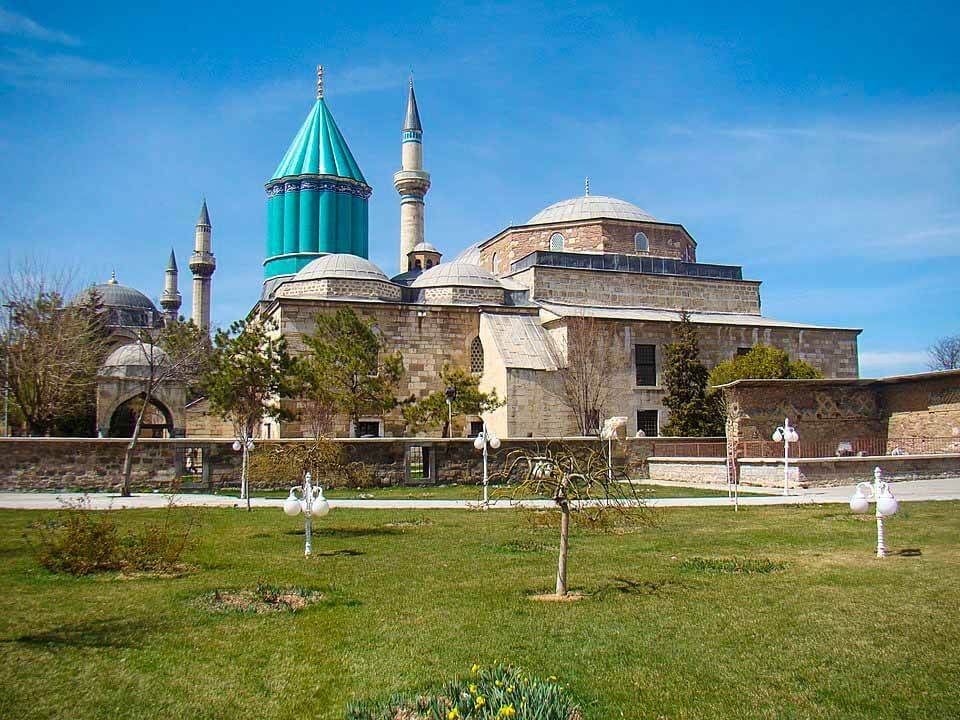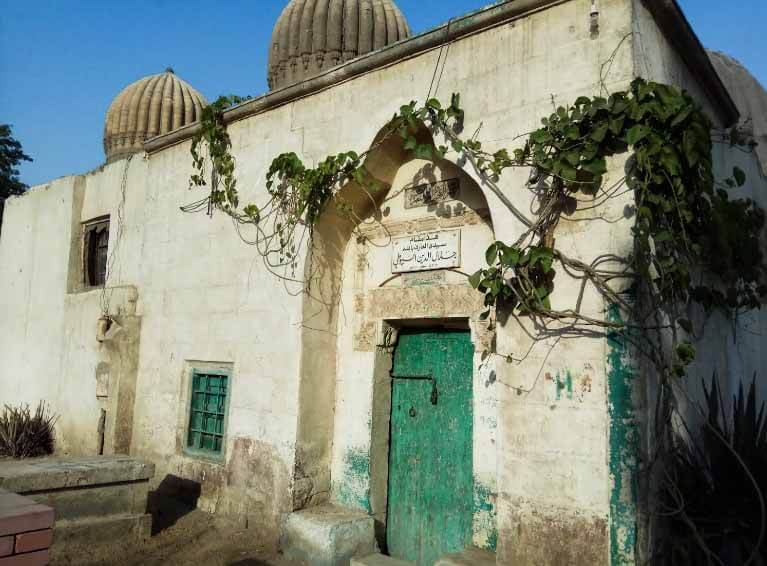Cairo, Egypt
Coordinates: 30.007484, 31.274409
Hz. Ibn Ata Allah رحمة الله عليه was an Egyptian Malikite jurist, muhaddith and the third murshid of the Shadhili Sufi order
Life and work
He was born in Alexandria and taught at both the al-Azhar Mosque and the Mansuriyyah madrasa in Cairo
He was responsible for systematizing Shadhili doctrines and recording the biographies of the order’s founder, Hz. Abu-l-Hassan ash-Shadhili رحمة الله عليه, and his successor, Abu al-Abbas al-Mursi.
Hz. Ibn Ata Allah رحمة الله عليه was one of those who confronted the controversial theologian Ibn Taymiyya, who was jailed several times for his views on religious issues and for his perceived excesses in attacking the Sufis.
His confrontations with Ibn Taymiyya saw Hz. Ata Allah رحمة الله عليه leading a procession of some 200 Sufis against Ibn Taymiyya as well as confronting him on issues.
Legacy and Death
Hz. Ibn Ata Allah رحمة الله عليه was one of the active scholars who are the inheritors of prophets and messengers and who performed karamat (miracles of divine favor). A karama is an event contravening natural laws which appear at the hands of whoever Allah wills from among His servants as an honor and glad tidings to the wali (friend of Allah).
It has been reported through multiple chains of transmission that Sheikh Kamal al-Humam visited the grave of Hz. Ibn Ata Allah رحمة الله عليه and recited Surat Hud. When he reached the verse, ‘And among them will be the wretched and the prosperous’, al-Kamal heard a loud voice emanating from the grave telling him, “O Kamal! There is not a wretched one among us.” Ibn Ata’Allah then counseled al-Kamal to be buried next to his grave.
He passed away in 1309 while in Cairo.
The wide circulation of his written works led to the spread of the Shadhili order in North Africa, where the order’s founder had been rejected in earlier attempts. The Wafai Sufi order was also derived from his works.
Over the past 700 years the teachings of Hz. Ibn Ata Allah رحمة الله عليه have been repeatedly studied, commented on, reiterated, and have spread to the point where they are available across the globe, having been translated into almost every major language.
Opposite his maqam and mosque are buried Sayyidina ibn Abi Jamra رحمة الله عليه, Sayyidina ibn Sayyid an-Naas رحمة الله عليه and the khalwa (not maqam) of Sayyida Nafisa رضي الله عنها.



